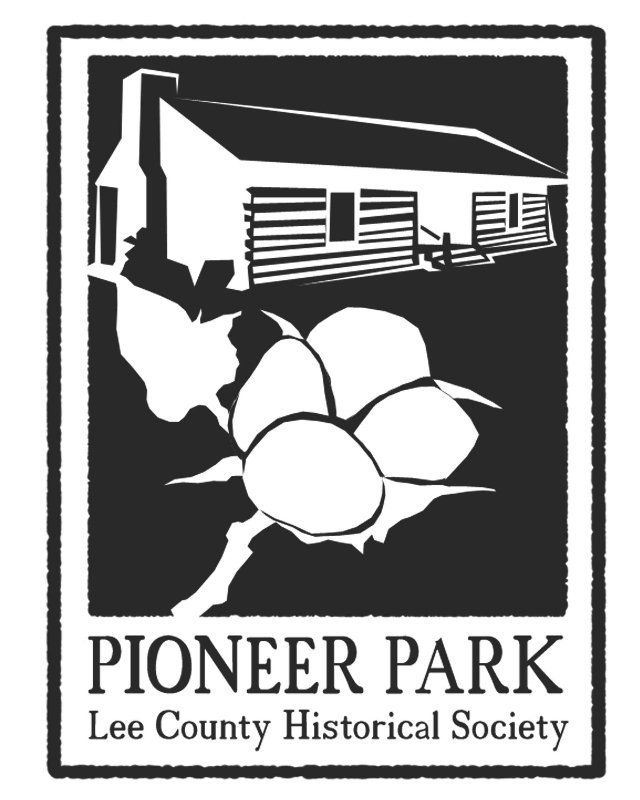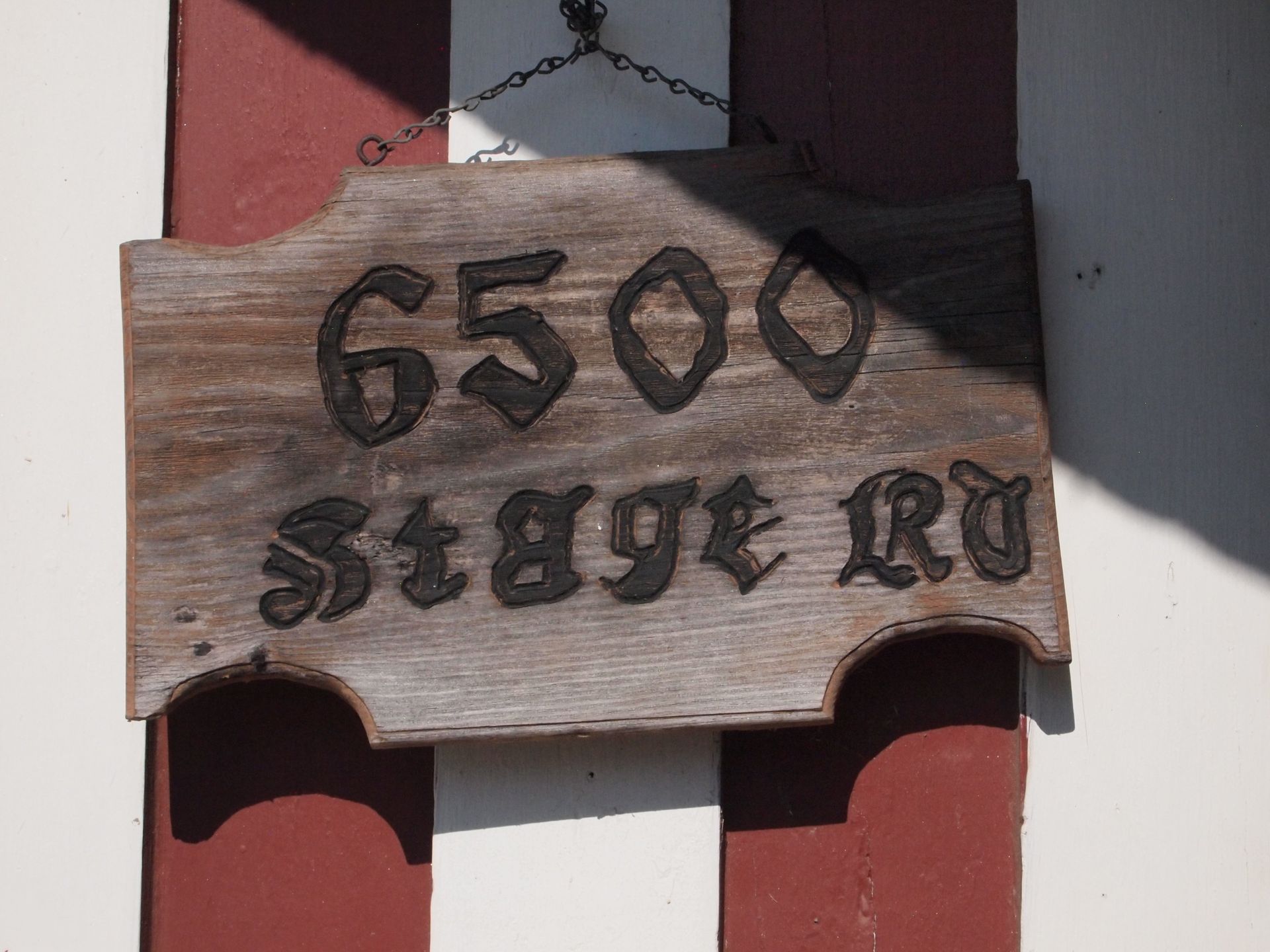Native American Cabin
Experience pioneer life in Loachapoka, Alabama, inside a rustic log cabin from the 1850s. From the crackling fireplace to the loft bedroom, each corner echoes resilience and resourcefulness. Join us on a journey through history and discover the timeless charm of pioneer living.
Title: Exploring the Legacy of the Bernard Newell Cabin: Insights into 19th-Century Frontier Life
The Bernard Newell cabin, constructed between 1830 and 1832, stands as a testament to Alabama's history, utilizing hand-hewn logs from the once-plentiful long needle pine trees. Notably, it represents the sole recorded cabin built by an Indian that remains in the state.
The Legacy of William Bernard
William Bernard, a figure of Creek Scottish heritage, traces his lineage to a prominent family with roots in Georgia and Alabama. Venturing into the region, several pivotal trading posts were established, leaving an indelible mark on the area's historical landscape. While originally situated near Waverly, Alabama, meticulous efforts have relocated and restored the cabin to its present site, preserving its rich heritage.
A Glimpse into Everyday Life
Within the cabin's confines lies the dog trot, serving as a cool haven where families gathered during scorching summer days. With five bedrooms, including an upstairs sleeping area, the cabin offers insight into the daily routines of the 19th century. Each room harbors relics of yesteryears, from antique beds featuring rope mattresses to hand-twined bags ingeniously employed as functional pockets.
Insights into Daily Life: From Bedding to Hunting Implements
The origins of the iconic phrase "sleep tight, don't let the bedbugs bite" are unraveled as the unique characteristics of the cabin's beds are explored. The significance of trade essentials like flintlocks, pivotal for hunting expeditions and ensuring successful endeavors, is examined. The utility of hand-twined bags, painstakingly crafted by women and employed by men for indispensable storage, is revealed.
Traditional Pastimes and Hunting Artifacts
The historical roots of stickball, a game cherished by Creek Indians and later adapted into lacrosse by French settlers, are probed. The enduring significance of bows and arrows, steadfastly retained within the cabin's confines despite the advent of firearms, is examined. The craftsmanship of quivers fashioned from materials such as bobcat hide is marvelled at.
The Role of Trading Posts: Dependency on Trade Commodities
The pivotal role of trading posts across the Southeast, where Creek hunters bartered deer skins for coveted trade commodities, is unpacked. Insight is gained into how the deer skin trade catalyzed societal shifts within Creek communities, fostering a transition towards agriculture and igniting tensions within their ranks. The profound ecological impact of this trade on local wildlife populations and the broader Creek way of life is reflected upon.
Conclusion
By traversing the halls of the Bernard Newell cabin, invaluable insights into 19th-century frontier existence and the intricate interplay between indigenous cultures and European settlers are gleaned. Through meticulous preservation endeavors and educational outreach initiatives, the enduring legacy of William Bernard and the Creek Indians is ensured for generations yet to come.
Visit the Next Virtual Stop
This is the text area for a paragraph describing this service. You may want to give examples of the service and who may benefit. Describe the benefits and advantages of this group of services, explaining to users why they should choose your company.
Visit the Previous Virtual Tour Stop
This is the text area for a paragraph describing this service. You may want to give examples of the service and who may benefit. Describe the benefits and advantages of this group of services, explaining to users why they should choose your company.
Would you like to visit Pioneer Park firsthand or arrange a field trip?
The museum is open Wednesdays through Fridays: 12:00 p.m. to 4:00 p.m. and all of Pioneer Park is open every Second Saturday of Every Month: 9:00 a.m. to 3:00 p.m.
Museum tours may also be scheduled at other times by appointment by calling (334) 887-3007.

